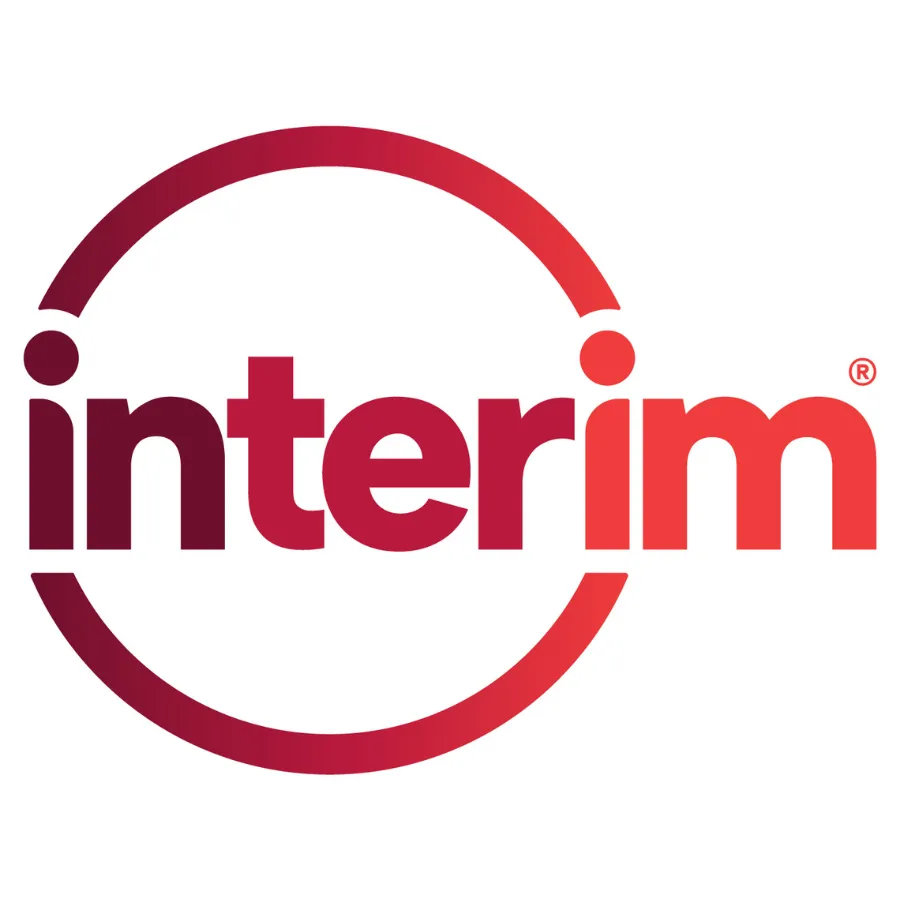Longevity / Sustainability
Home Care

Assisted Living

Private Caregiver

Home Health

Family Care

No Care

The best care solution isn’t just about what works today — it’s about what can continue working for months or years without creating burnout, financial strain, or instability. True sustainability balances quality, consistency, and adaptability over time.
Home Care
Home care is one of the most sustainable long-term options. It adapts as needs change — hours can increase, caregivers can rotate, and care plans evolve without disruption.
At Interim Home Care, we’re built for the long haul. We have been in business since February 2014. Families stay with us for years because we maintain reliability, flexible scheduling, and a deep bench of professional caregivers. Whether care is temporary recovery support or full-time aging-in-place, home care grows and adjusts alongside the client’s life.
Assisted Living
Assisted living can be sustainable for individuals with steady care needs and sufficient finances. However, as conditions progress (e.g., dementia or mobility decline), facilities often require higher levels of care or relocation to skilled nursing — making long-term continuity uncertain. Sustainability depends heavily on both health and money.
Private Caregiver
Private caregiving arrangements are fragile. When one caregiver gets sick, burns out, or moves away, there’s no backup plan. Families face constant risk of disruption. Over time, turnover and inconsistency make this model difficult to sustain emotionally and practically.
Home Health
Home health is designed for short-term recovery, not ongoing support. Once the medical need ends, services stop, leaving families without continuity. It’s effective for a few weeks — not for the months or years most seniors require.
Family Caregiver
Family caregiving often begins with love and good intentions, but exhaustion, health issues, and financial pressure make it unsustainable. Without respite or outside help, burnout is inevitable, leading to breakdowns in both care quality and family relationships.
No Care
Doing nothing is never sustainable. Health declines accelerate, emergencies increase, and the eventual crisis forces families into rushed, reactive decisions. What seems manageable today often becomes unmanageable tomorrow.


